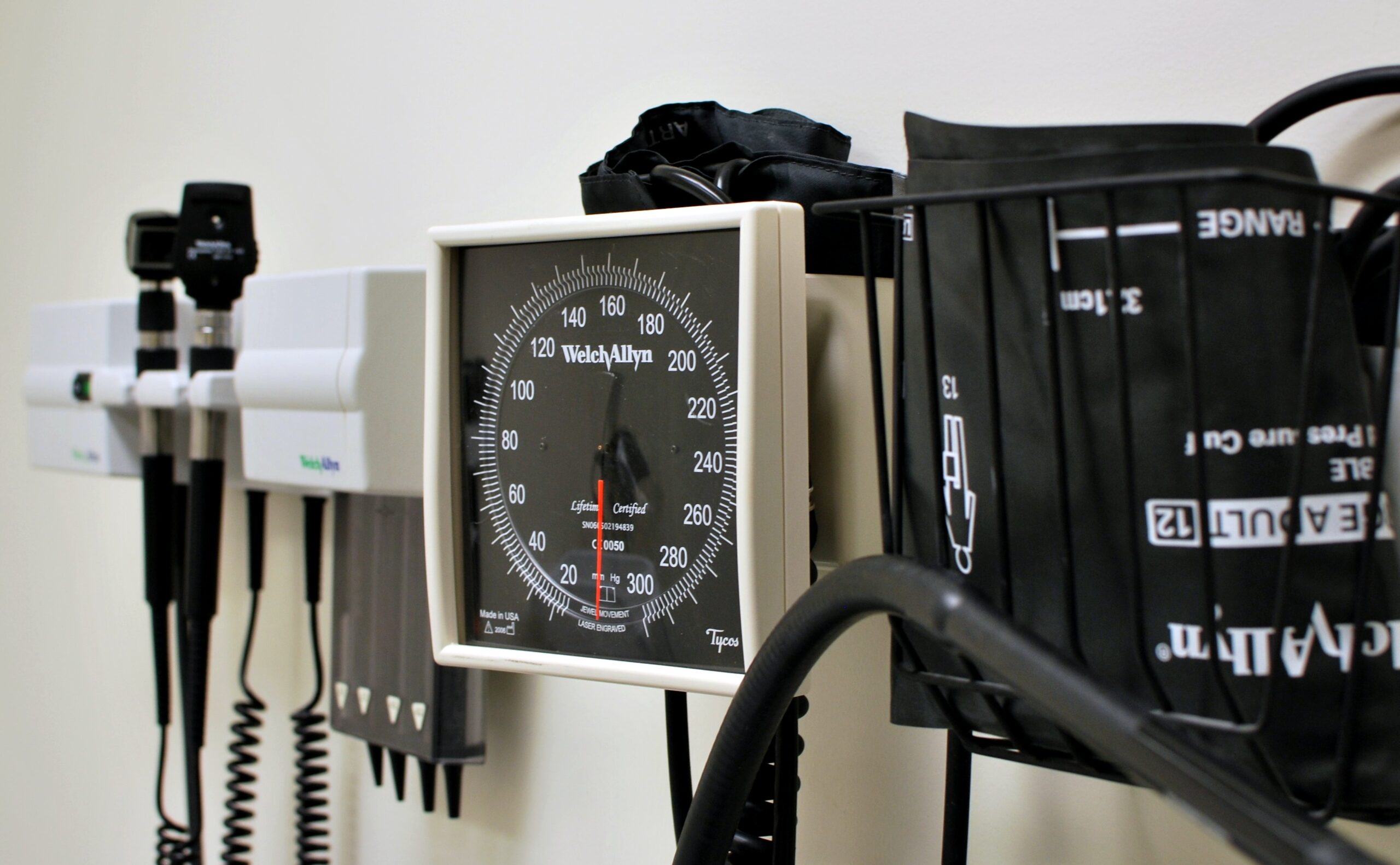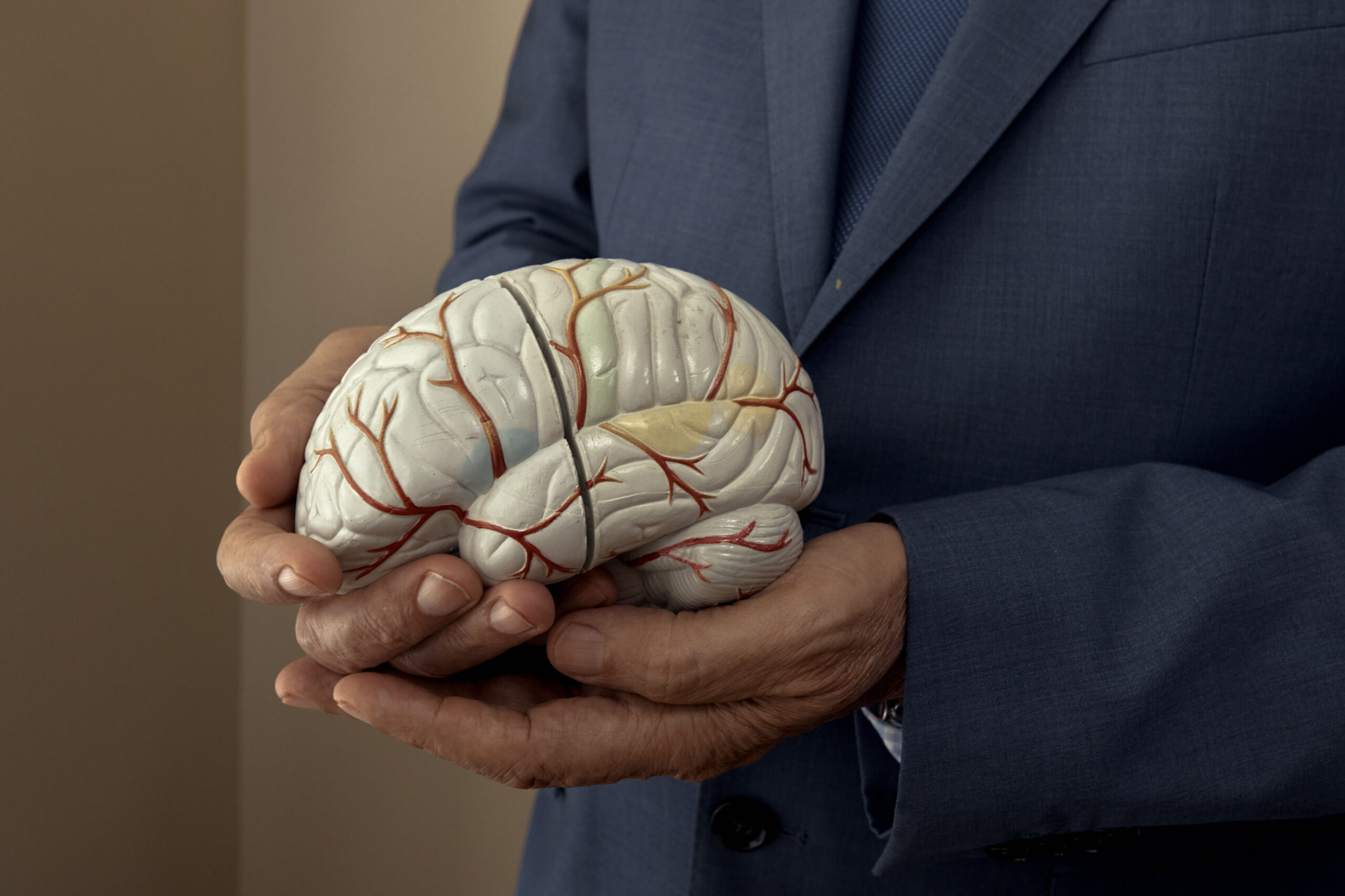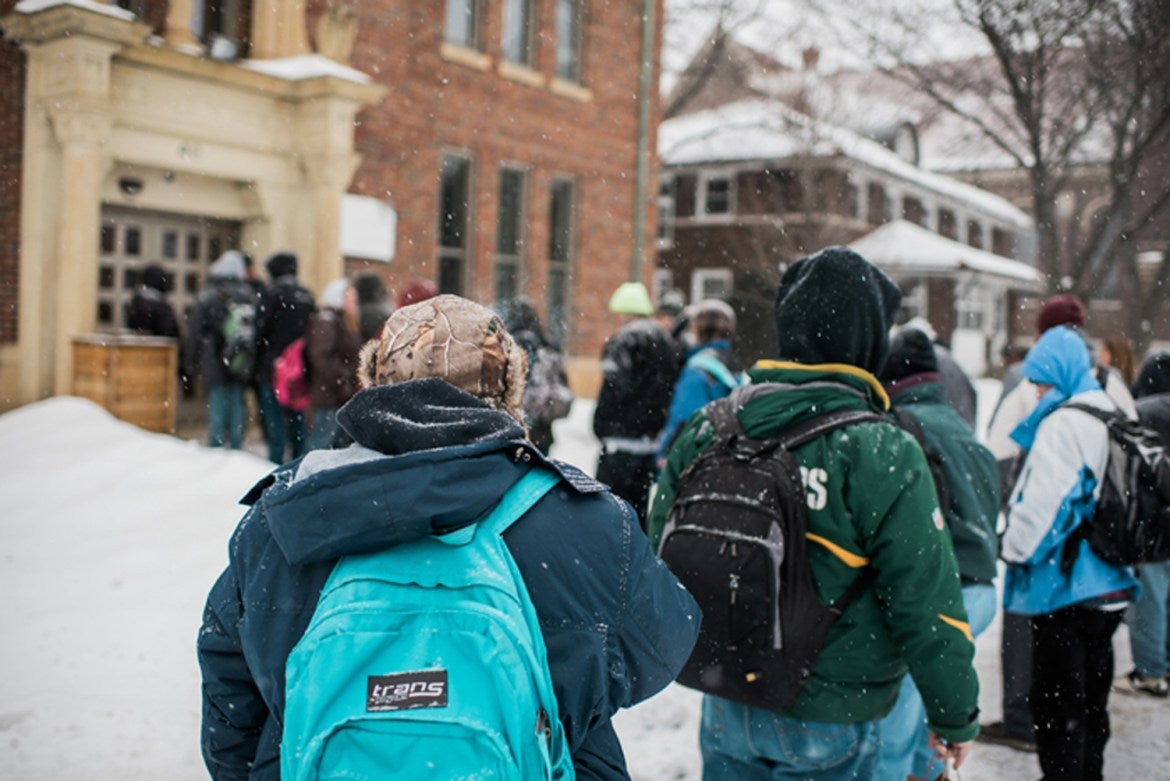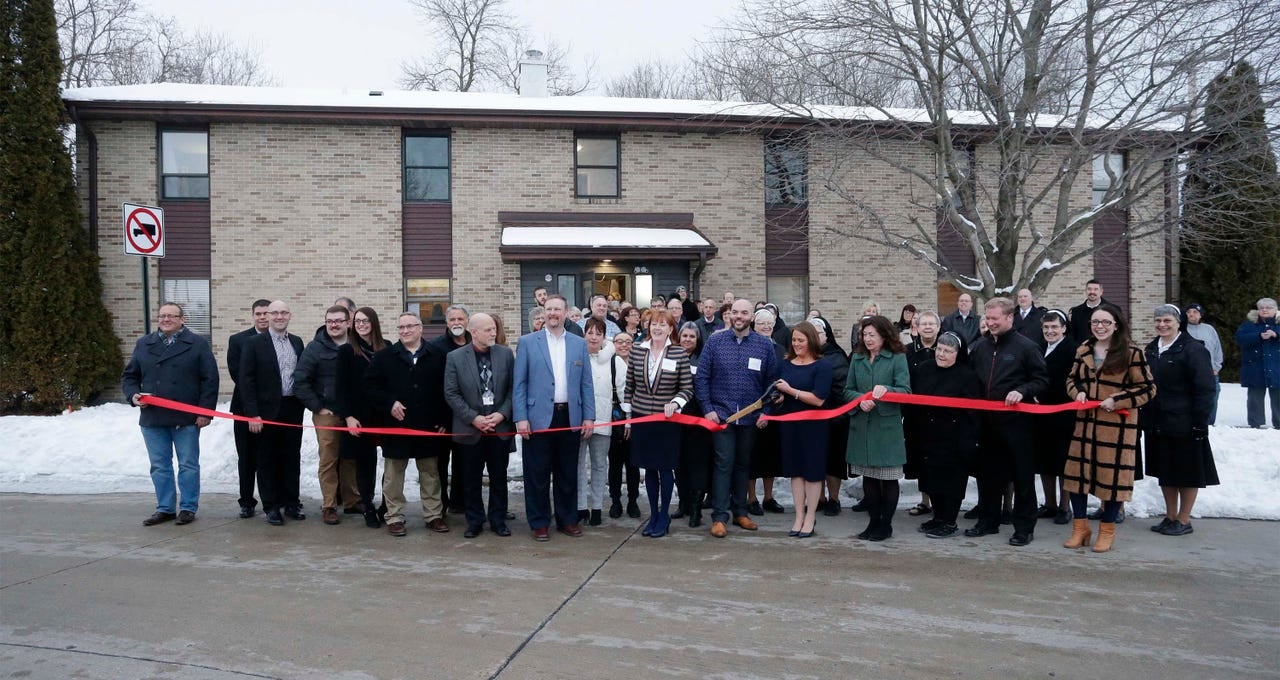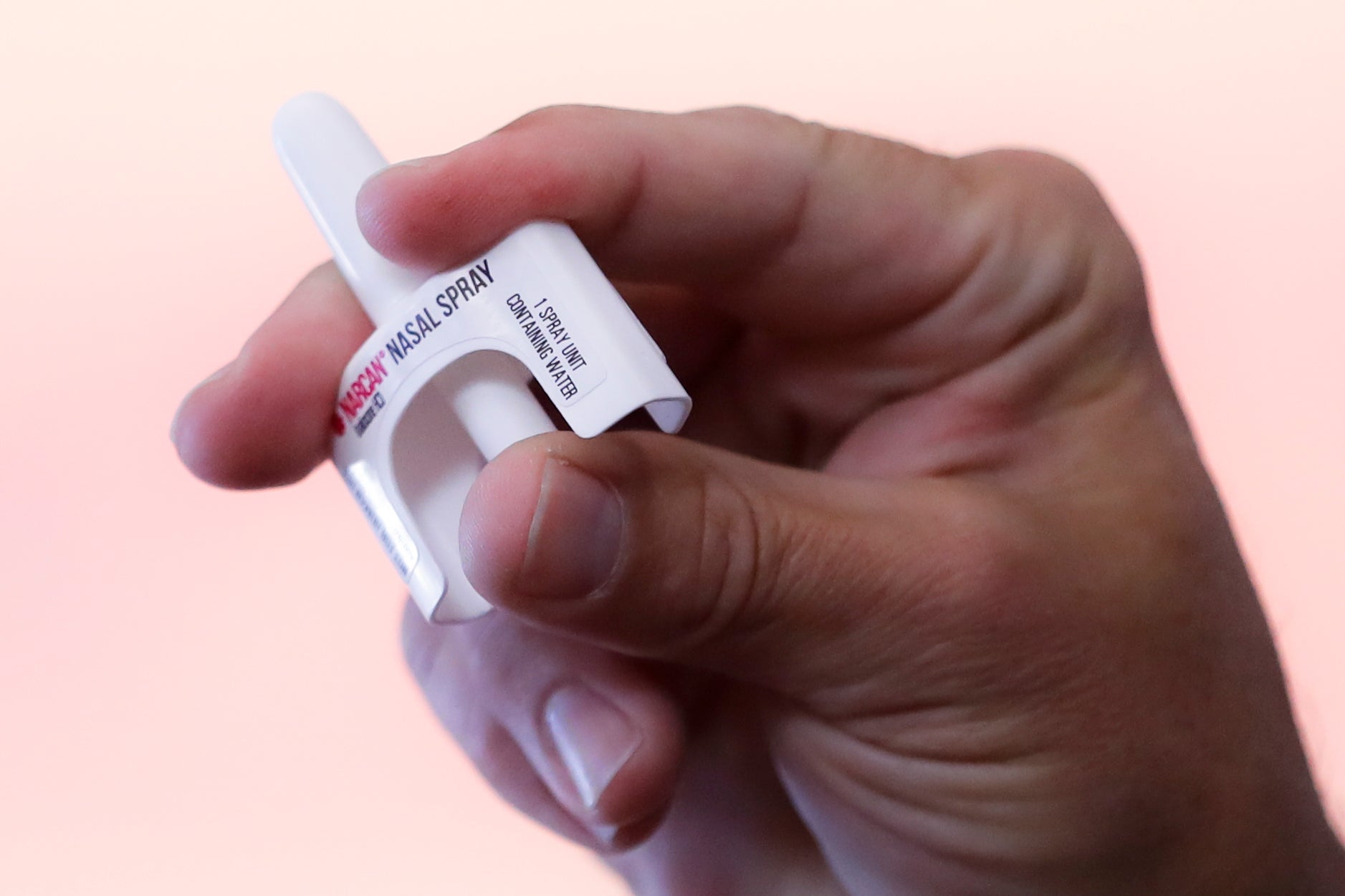Doctors who don’t know what to do with patients who abuse drugs or alcohol will be able to get help from experts. The University of Wisconsin-Madison and UW Health are setting up a new hotline that physicians from anywhere in the state can call to consult with addiction specialists.
The idea is to get people who want to stop using drugs or alcohol treatment as soon as possible.
“If primary care providers have a patient in the office who feels ready to make behavior change now, we can help them make medical decisions and give advice about behavioral treatment to try and get a plan in motion. Because when someone is struggling and seeking help, a plan weeks out is not optimal,” said Dr. Randall Brown, who oversees the program team for the hotline and is a professor in family medicine and community health at UW School of Medicine and Public Health.
Stay informed on the latest news
Sign up for WPR’s email newsletter.
In Wisconsin, 88 percent or more of people who need treatment can’t get it, according to the American Medical Association.
Depending on the level of treatment required, some may have to go to an inpatient facility. But primary care providers are on the front lines in providing initial care and steering patients who need more services to the right place.
“For use disorders where there are effective medications available, a good deal can be done in primary care,” said Brown. “There’s brief counseling in the office. Some sites will have on-site behavioral health services, peer recovery and coaching that can get people moving in the right direction. And, yes, others may need a higher level of care and hopefully they can connect to it eventually but still there are things that can be done outside those more intensive treatment environments that can save lives.”
Most doctors now can not prescribe a drug used in medication-assisted treatment called buprenorphine. Doctors need additional training in order to get certified to do so.
But many doctors aren’t taught about addiction in medical school and don’t necessarily feel comfortable trying to treat it.
“It’s easy to understand the trepidation of some providers and the challenges in general medical settings addressing these issues,” Brown said. “Hopefully, we’ll see some shifts in medical education, but in the meantime, I hope that if we can get this support out there physicians can feel more comfortable taking the steps that they’re able to in their settings.”
The hotline could be especially valuable to rural areas where 70 percent of Wisconsin’s rural counties lack a provider who is certified to provide medication-assisted treatment for opioid use disorders.
The hotline, funded by a $500,000 grant from the Wisconsin Department of Health Services, will operate from 8 a.m. to 5 p.m. on weekdays. Providers can access the University of Wisconsin Addiction Consultation Hotline at 608-263-3260. Those outside Madison should call toll free 800-472-0111.
Wisconsin Public Radio, © Copyright 2025, Board of Regents of the University of Wisconsin System and Wisconsin Educational Communications Board.
